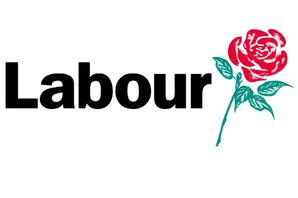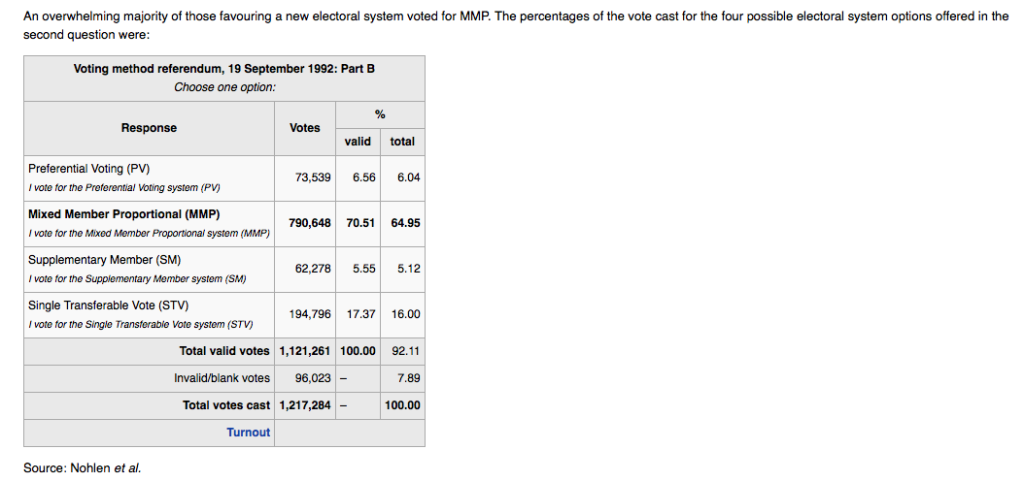Alex Davies takes a look at Proportional Representation for his Farce series.
In my series of articles on topics I find farcical, I have decided to write loosely about the Proportional Representation fiasco of yesteryear. I have a simple question in mind whilst writing this. Proportional representation: what did we miss out on? I would bother to talk about why as well but I fear that would make me sound like a conspiracy theorist.
In our British parliament, proportional representation would reflect simply as there were just over 63 million people in the United Kingdom in 2012 (according to Google). If our parliament was structured to mirror that society’s voting habits, that would be proportional representation. If there were 630 seats in parliament (itself, close to the actual number), then provided every person voted, each party would earn one seat in parliament for every one hundred thousand votes they received. Simple enough to understand, I think.
‘How would this change the law?’ I hear you asking. The way our present system works, on a very – VERY – basic level, all begins with a bill. A bill for either a new law, or an amendment, is drafted up. It is then presented to both the House of Lords and the House of Commons. Both houses amend the bill as they see fit until they agree on the content. Once the content is decided the bill is then presented to the reigning monarch for approval. If they decide it is not beneficial they have the right to prevent the bill from being passed, but once everyone agrees the bill is fair and the monarch does not oppose, the bill becomes an act. A parliamentary act is law. With proportional representation implemented, that system would not change. Proportional representation would not change anything about the creation of law nor its enforcement.
So what would it change? The only thing that would change with proportional representation would be the people that fill the seats in the House of Commons. If (using the previous example) 10 million people voted New Labour, and 12 million voted Tory, Labour would earn 100 seats, and the Tories, 120. The rest of the house would then be made up of one seat per one hundred thousand votes for each party.
The present reality of British politics is so much more ridiculous than the solution I just explained. In Britain today, we use a first past the post system to choose the winner of the political race. So, if a section of land (a constituency) voted 29% (or less for that matter) Labour, but no other one party received more votes, Labour then wins the constituency. In reality, less than a third of the residents of the area want Labour to have power, but they have still won it. Is this fair? I will let you make your own mind up on that. Suffice to say that like so many parts of Britain’s structure, the archaic system has not been replaced.
With proportional representation constituencies could either be upheld, or removed from the system. The only thing that would change would be the distribution of power amongst the various political parties.
So you’re telling me the government could only have 29% or less of the nation’s votes, but all of the seats? I really hate to say it, but yes, that is exactly what I am saying. Whether you think that is fair or not, that is our reality. Until enough people understand both this, and the alternatives, we will be lumbered with a government most of us don’t actually want.
What difference would PR make to us though? Well, the way a law is created is by all the governing bodies agreeing on its content yet, it does not have to be agreed by everyone. As with anything political, it needs to be agreed by the majority. So if 51% of both houses agree with the law, and the monarch does too, it will be passed. This too wouldn’t change with the implementation of proportional representation. But as stated before, the constitution of parliament would be different. That would mean that MP’s belief’s would vary more drastically, more sections of society would be represented and as a result, different amendments would be discussed and potentially made to the bills.
Proportional representation is used in more countries than any other system, including one of the strongest countries (politically speaking), Germany, and one that is widely accepted as the freest democracy in the world, New Zealand. Below are three screenshots which show the popularity of Proportional Representation in their country.
This does not mean that the system is without its problems! Fringe groups, such as fascists and socialists would gain a more noticeable presence in parliament, which would be both a good and a bad thing. Good, because it is what a proportion of the population want but bad, because groups such as the British Nationalist Party – who have certain policies that I will not go in to, but just say every British resident with any knowledge of the party will know what I am talking about – will also gain a voice in parliament.
This doesn’t mean they will take power though. This is not Nazi Germany. It just means they are given the right, like any eligible other, to voice their opinions. A healthy democracy is all about balance, and the stronger central groups, and the opposing fringe groups would largely outweigh the drastic measures that would be suggested by either end of the political spectrum.
Through proportional representation, the country’s sentiments are mirrored through party presence. This does mean that in times of major immigration, the far right fascist parties gain a greater foothold in the parliament, much like during an economic recession the far left socialist parties become more highly favoured. As has always been accepted in politics, fringe groups dominate disaster, be it political or economic. However, regular, and fairly represented elections would change those situations quickly. Once the issue that caused the problem has been dealt with as the majority of voters have seen fit, power would quickly shift back to the central parties.
Another issue that becomes more prevalent in a proportionally represented society, is that solutions take longer to be agreed upon in parliament. If party alignment is discouraged, compromises that are more fair and that more honestly reflect the views of the voters, not the politicians, will be achieved at the expense of a bit of extra time. With the removal of party alignment, every person truly has a voice, and through give and take, a fairer democracy would thrive. A final measure to ensure a quick and simple decision making process, would be that every vote must take place with an odd number of politicians present. If that were the case, no matter how controversial the subject, the solution would not take months to agree.
Finally, I would like to say that proportional representation normally results in a coalition government. But not all coalitions fold their hands and renege on their word like Clegg certainly appeared to. And in a parliament where compromise is a daily occurrence, it would be second nature for the governing head of a proportionally represented parliament to compromise with their partners of the coalition, as they would in parliament regularly.
It is only by keeping up to date with the present situation that we can improve tomorrow. You wouldn’t expect to have a doctor bleed you if you were suffering with the flu, so why should you decide who and what to vote for based on what history tells us works?
Research. Decide what works for YOU.
Some of the coverage you find on Cultured Vultures contains affiliate links, which provide us with small commissions based on purchases made from visiting our site. We cover gaming news, movie reviews, wrestling and much more.






